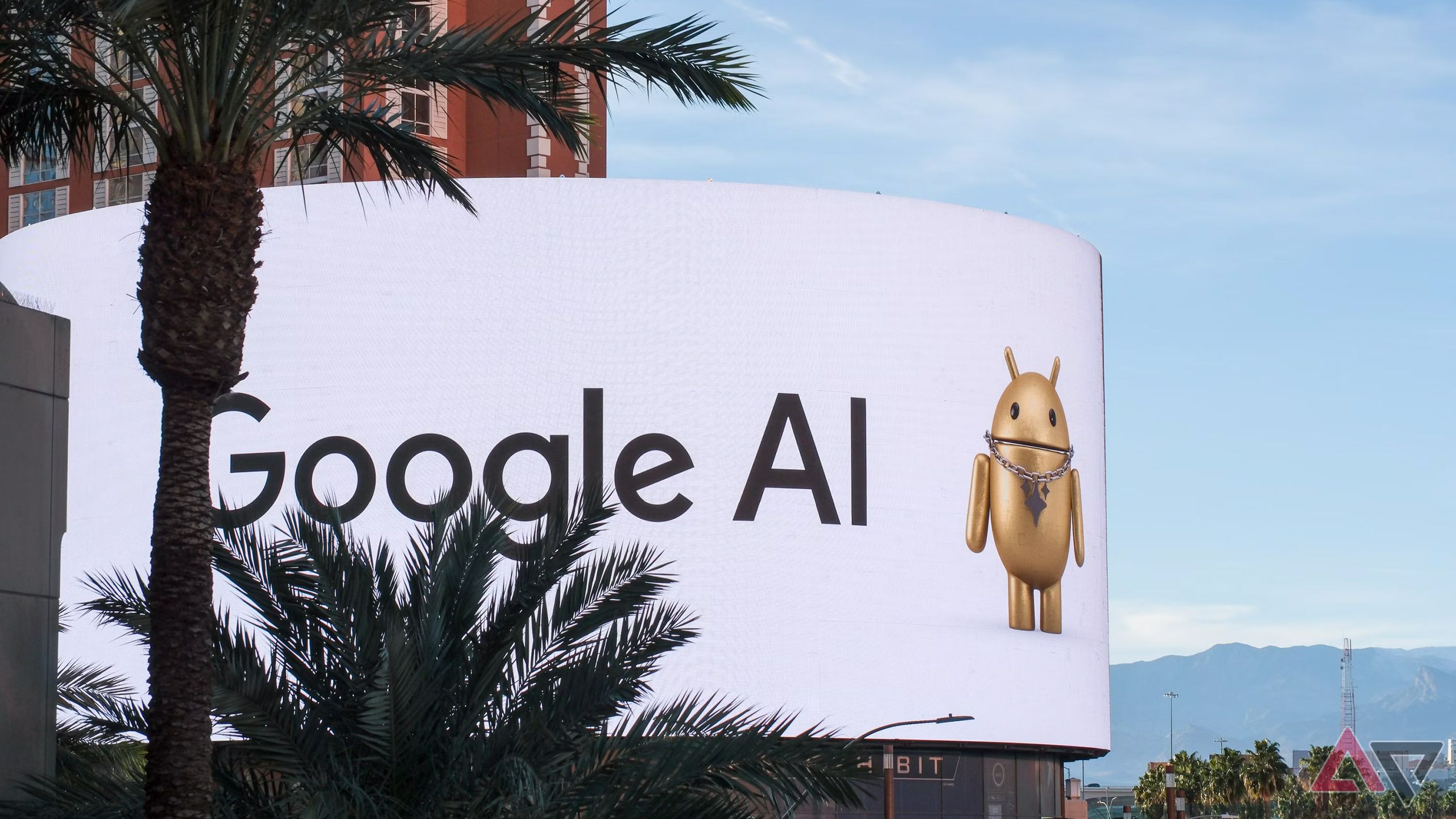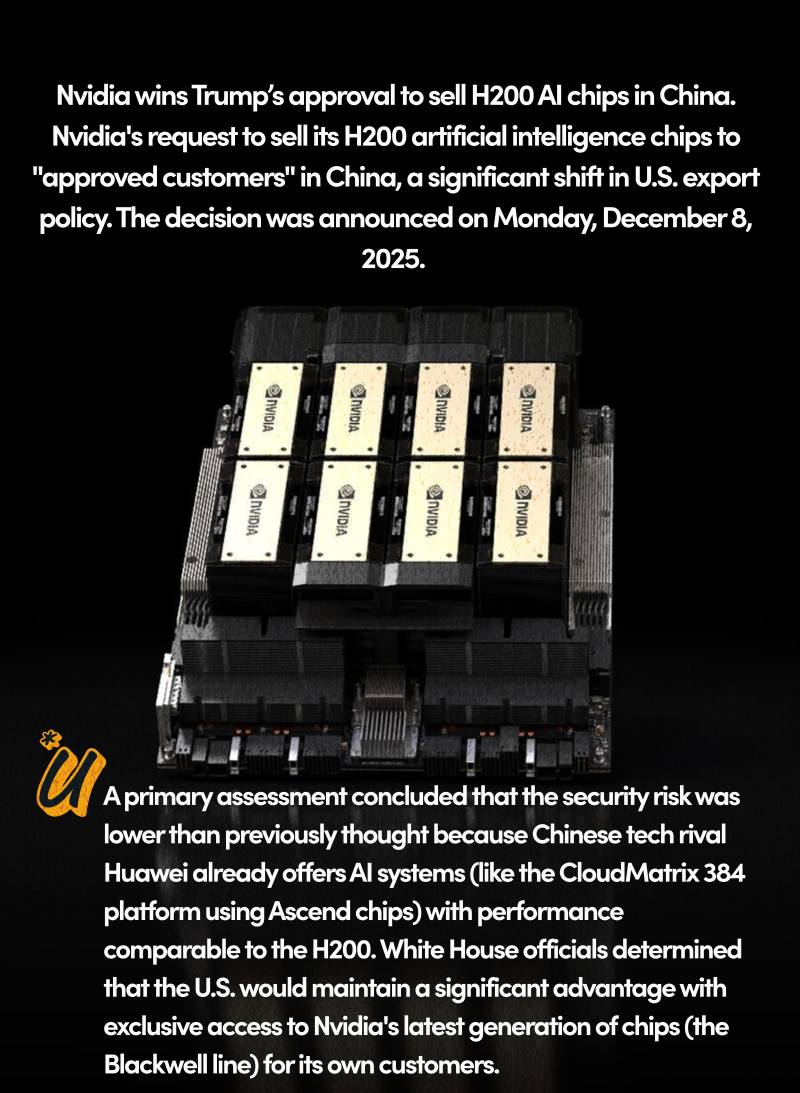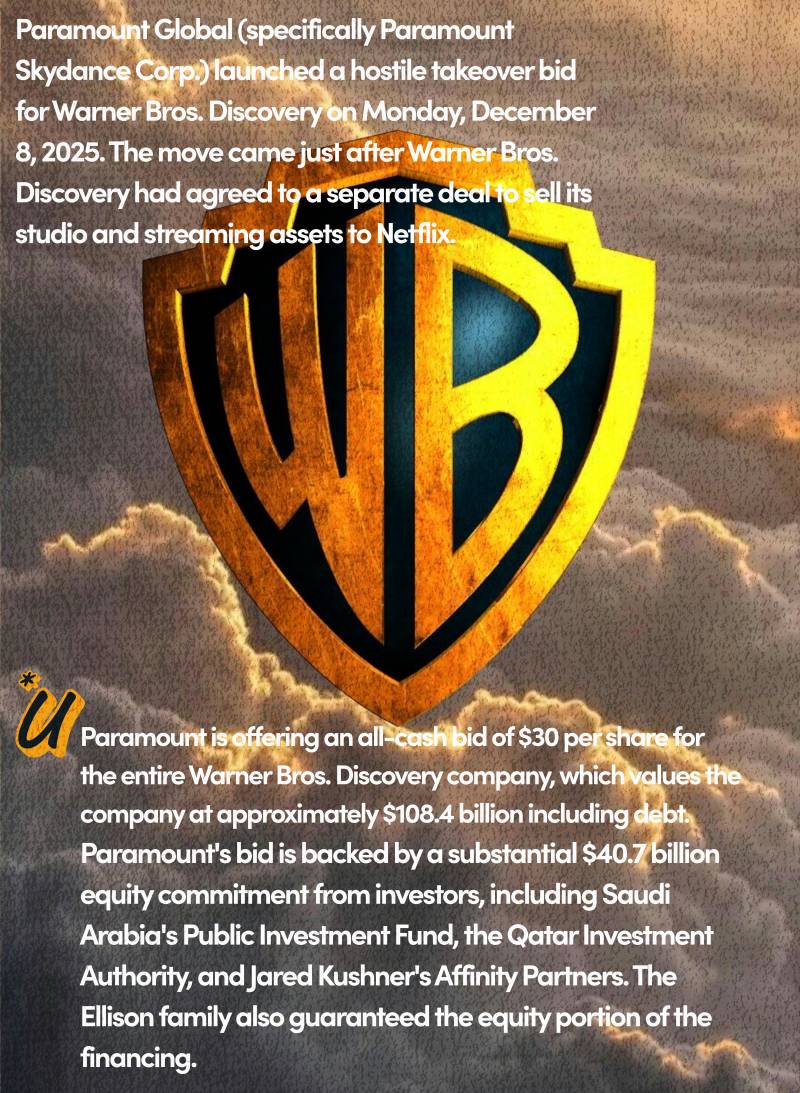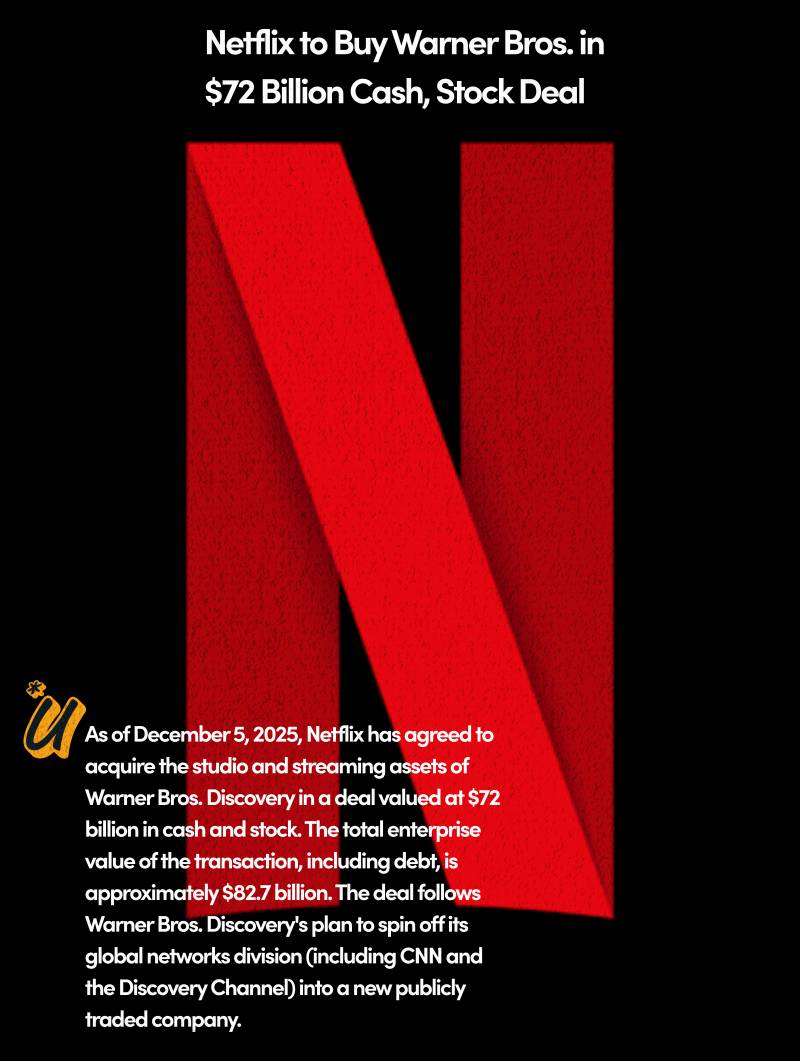In a dramatic twist in the AI ecosystem, Google—the largest client of data-labeling powerhouse Scale AI—is reportedly moving to sever its relationship following Meta’s acquisition of a 49% stake in the startup. The move stems from concerns over proprietary data exposure to Meta, a direct competitor, and signals shifting dynamics in the high-stakes AI data services market. Scale AI, valued at approximately $29 billion post-investment, has long been the go-to for human-labeled training data essential to advanced AI models like Google’s Gemini. With Google spending an estimated $150–200 million annually on Scale's services, the abrupt withdrawal could have far-reaching implications.

Read Also: Meta's $14.3B Scale Investment x Apple's New Siri Launch

The reported split is part of a broader exodus by major AI players. Microsoft, Elon Musk’s xAI, and even OpenAI have reportedly scaled back engagements with Scale AI—citing neutrality concerns—though OpenAI maintains a limited multi-vendor approach. At the heart of the matter is trust. Tech companies fear that Scale’s deepening ties with Meta might grant it unsought insight into confidential R&D pipelines. Generative AI firms often share sensitive datasets or prototypes for annotation, and handing this over to a Meta‑associated vendor now carries strategic risk.
Meanwhile, Scale’s rivals—including Labelbox, Turing, Handshake, and Mercor—are seeing surging demand for neutral, secure data-labeling partnerships. Some AI firms are even bringing annotation in-house to avoid exposure entirely. Scale AI insists its operations remain firm, emphasizing its independence and ongoing safeguards for customer data, and continues to serve government agencies and clients in autonomous vehicles and other sectors. Still, the departure of a heavyweight like Google threatens Scale’s revenue structure, heavily reliant on a handful of large clients. The shake-up underscores a new era in AI: one where strategic alliances and data-security concerns are as critical as technological capabilities.
Meta’s move to acquire a major stake in Scale AI—along with hiring CEO Alexandr Wang to lead its superintelligence efforts—indicates Big Tech’s ambition to wield more control over critical AI supply chains. It also signals the high value ascribed to neutral positioning in the data labeling marketplace, especially as AI becomes the competitive heartbeat of global innovation. As the dust settles, Google’s pivot to alternative labeling vendors may redefine technical partnerships and supply chains across the AI sector. The move highlights an industry increasingly determined to balance competitive advantage with robust data governance, where trust and strategy matter far beyond code.



